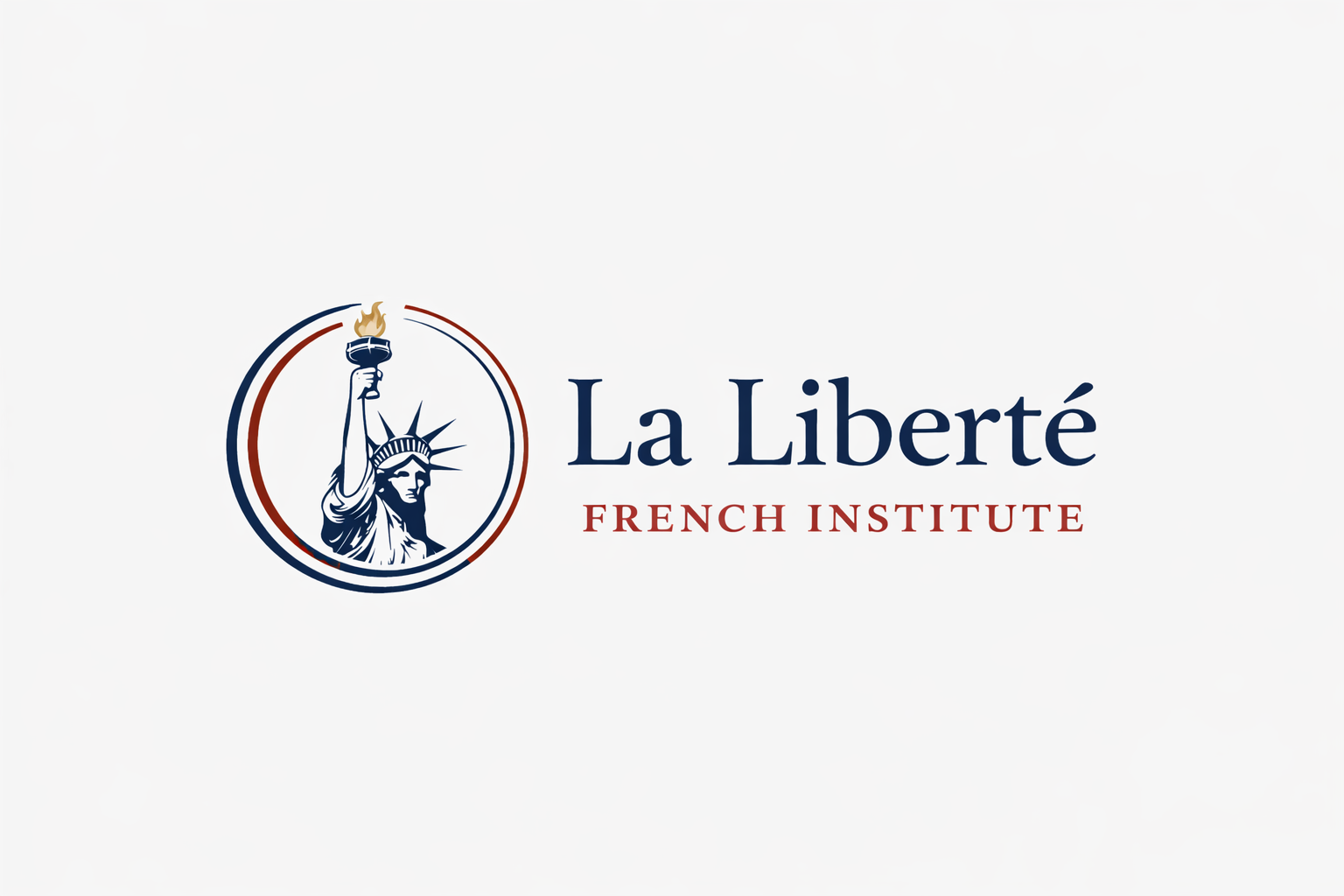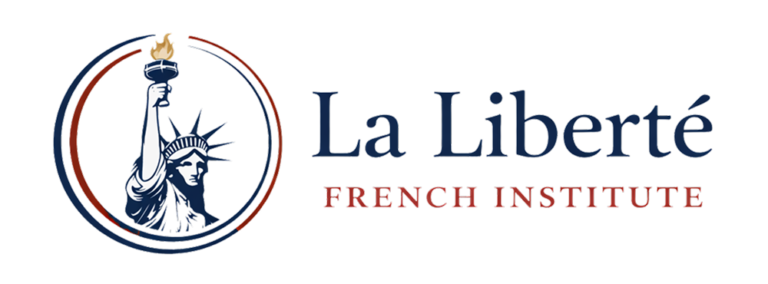Introduction
Bonjour, aspiring Francophones! Whether you’re aiming to enhance your career prospects, study abroad, or simply prove your proficiency in French, obtaining a French language certification is a valuable milestone. In this blog post, we’ll explore the various French language certification exams available, how they can benefit you, and tips for preparing effectively. Let’s dive into how you can achieve fluency and open doors to global opportunities through these certifications.
1. Why Pursue French Language Certification?
French language certifications are recognized worldwide and serve as proof of your language skills. They can be a powerful asset for your career, academic pursuits, and personal growth.
Key Benefits:
- Career Advancement: Many employers value certified language skills, particularly in multinational companies, diplomatic services, and tourism industries.
- Study Opportunities: If you plan to study in a French-speaking country, a language certification is often a requirement for admission.
- Global Recognition: French certifications, such as DELF, DALF, and TCF, are globally recognized and respected.

2. Popular French Language Certification Exams
There are several French language certification exams that cater to different levels of proficiency, from beginner to advanced. Here’s a quick overview of the most popular ones:
- DELF (Diplôme d’Études en Langue Française): This certification is divided into four levels (A1, A2, B1, B2) and is designed for beginners to intermediate learners.
- DALF (Diplôme Approfondi de Langue Française): For advanced learners, DALF offers two levels (C1, C2) and is ideal for those who have mastered the language.
- TCF (Test de Connaissance du Français): This test assesses general French language proficiency and is often required for immigration, work, or study purposes.
- TEF (Test d’Évaluation de Français): Another widely recognized exam, TEF is used for academic, professional, and immigration purposes.
3. How to Choose the Right Certification for You
Choosing the right French language certification depends on your goals, current proficiency level, and future plans. Here’s how to decide:
For Beginners:
- DELF A1/A2: If you’re just starting, these levels will validate your basic communication skills.
- Purpose: Ideal for students or those looking to learn French for personal reasons.
For Intermediate Learners:
- DELF B1/B2: Perfect for those who want to use French in professional or academic contexts.
- Purpose: Required for many study abroad programs and job applications.
For Advanced Learners:
- DALF C1/C2: If you’re aiming for fluency, these levels demonstrate your ability to understand and express complex ideas in French.
- Purpose: Necessary for teaching French, advanced studies, or high-level professional roles.

4. Effective Preparation Strategies
Preparing for a French language certification exam requires dedication and strategic planning. Here are some tips to help you succeed:
- Enroll in a Preparation Course: Joining a course designed specifically for the exam you’re targeting, such as those offered at La Liberté French Institute, can provide you with structured learning and expert guidance.
- Practice Regularly: Consistent practice is key. Use mock exams, past papers, and online resources to familiarize yourself with the exam format.
- Focus on All Language Skills: These exams test listening, speaking, reading, and writing. Make sure to practice each skill equally.
- Join Study Groups: Learning with peers can boost motivation and provide additional practice opportunities.
5. Leveraging Your Certification for Future Success
Once you’ve obtained your French language certification, it’s time to leverage it for your future goals. Here’s how:
- Include It in Your Resume: Highlight your certification on your resume to stand out to potential employers.
- Pursue Higher Education: Use your certification to apply for universities in France or other Francophone countries.
- Explore Global Job Opportunities: With your certification, you can apply for jobs that require French proficiency, opening doors to global careers.
- Immigration and Citizenship: Certifications like TCF and TEF are often required for immigration processes, making your certification a valuable asset.

Conclusion
Achieving a French language certification is more than just passing an exam; it’s about opening up a world of opportunities. Whether you’re starting your French learning journey or looking to advance your skills, there’s a certification that’s right for you. At La Liberté French Institute, we’re here to guide you through every step of the process, offering tailored courses and expert advice to help you succeed.
Ready to take the next step in mastering French? Enroll in our certification preparation courses today and unlock your potential!

